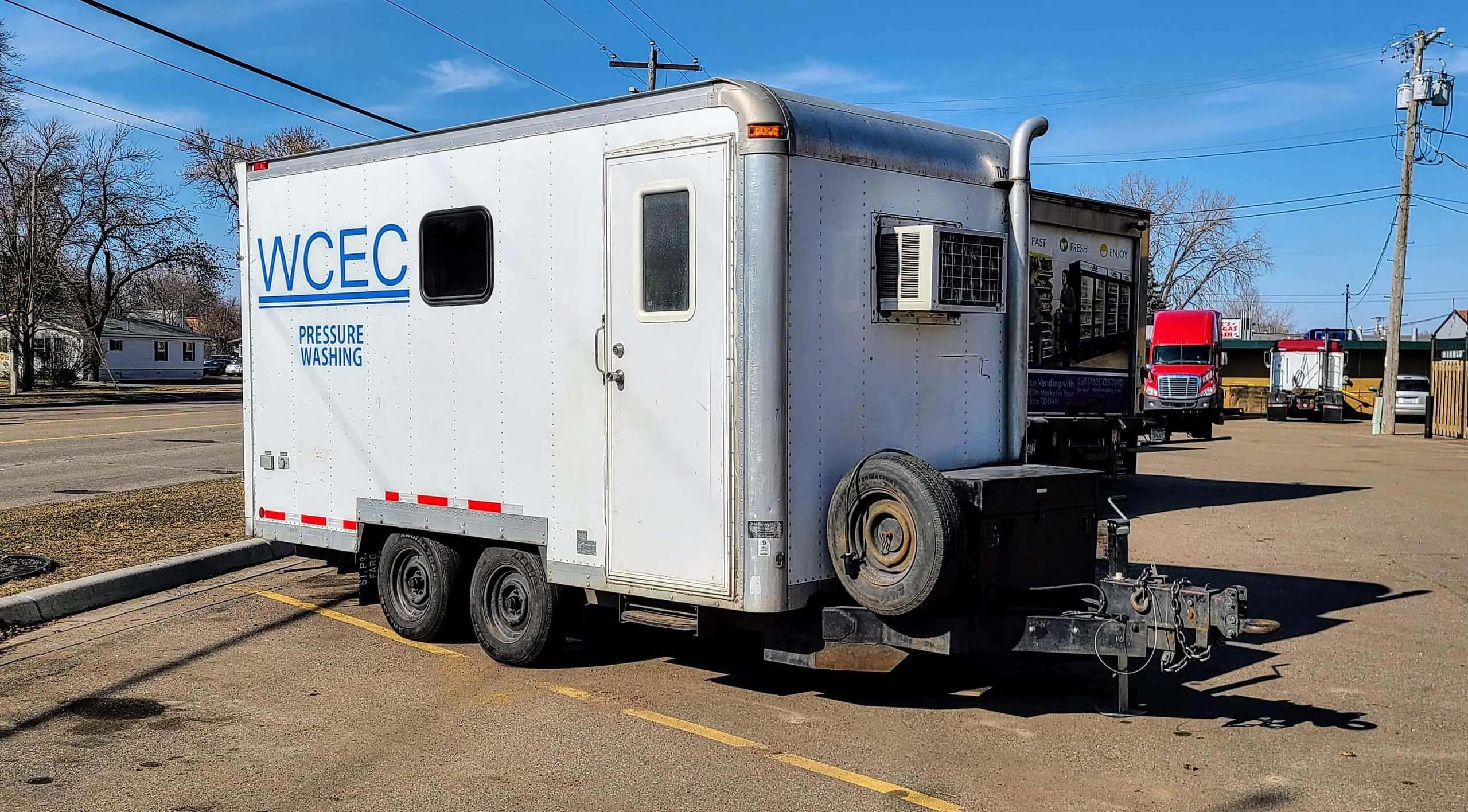
Tips For Commercial Trailer Repair
Commercial trailers operate under extreme conditions. Here is a list of preventive maintenance and repair tips for truck drivers and owners.

Tips for Commercial Trailer Repair
Utility trailers, dump trailers, low boy trailers, flat trailers, single axle, or 40-ton….. the list goes on.
The world of commercial trailers comes in many sizes and shapes. With so many different applications and types, it is difficult to overestimate the variety within this industry
Two aspects that all trailers share, regardless of whether you have just one or own a fleet, is that they all operate under extreme conditions and require periodic maintenance and repair.
With over 60 years in business, Bona Bros. has diagnosed and repaired thousands of trailers in New Brighton, Fridley, and the surrounding suburbs of the Twin Cities. Our experience has shown us time and again that the number one thing owners can do to extend the lifespan of their trailers is to stay on top of preventive maintenance.
Below is a list of general tips for owners so they can spend less time in the shop and more time on the road getting work done.
- Correct tire pressures: When it comes to vehicles and trailers, maintaining proper tire pressures is the biggest bang for your buck. It’s critical that your tire pressures are at the manufacturers specification and should be checked with and without a load. Not doing so causes them to wear down quickly and you will have to replace them prematurely. Some, but not all trailers have tire pressure monitoring systems to make things easier here – just make sure you don’t ignore the warning like people do with their check engine light
- Lubricate all moving parts: Trailers have many moving parts and keeping them properly lubricated is important to fight the effects of friction. This means that you will occasionally need to venture to the underside of your trailer. Make sure you know where all of the grease fittings are (e.g. tilt deck pivot points and hydraulic cylinder ends) so you don’t miss any areas, use the correct grease with a thickening rating for your application, and add enough to purge the old grease and debris.
- Inspect the suspension: A properly functioning suspension system ensures the trailer travels down the road smoothly and safely. Faulty suspension can lead to incorrect ride heights and poses a safety hazard. If you have an air suspension, visually inspect and listen for air leaks, monitor the height control valve, and inspect bushings for wear. For leaf springs, listen for squeaky noises, slouching or sagging to one side, suspension bottoming out, and cracks on the leaves themselves.
- Check your brakes: Commercial trailers are large and often haul heavy payloads so it’s vital the braking system functions properly. Given the varied conditions and use of each trailer, manufacturers often specify a range of intervals to check your brakes. There is only so much you can inspect without removing the tires so we recommend drivers pay attention for pulsating brakes, noisy wheel bearings, or differences in braking pressure. If these exist, it often means you need to bring a trailer to a certified technician for inspection.
- Check lights: Burned out bulbs can be a major safety hazard to other drivers, especially at night or during our Minnesota snowstorms. Test all of the lights on your trailer before use and look for signs of condensation within light assemblies and housings as this can short circuit and corrode electrical connections.
Deferring maintenance and repairs on your trailer means you will eventually experience unnecessary downtime and is likely a safety hazard. All commercial trailers will eventually require inspections, maintenance, and repair, but you can avoid those expensive overhauls by following the tips provided.
If you do need to bring your trailer into the shop for repair or a mandated inspection such as a DOT, you can trust the experts at Bona Bros. to give you a fair diagnosis along with an efficient and affordable repair so you can get back to business fast.
